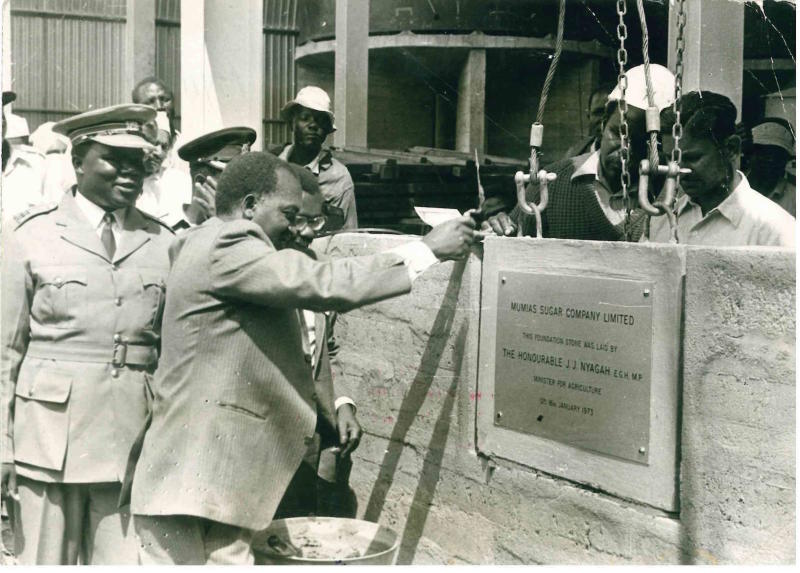
Trickery and deceit are stock in the trade of a politician. It was also a currency in Kenya's most renowned and centralized kingdom, Wanga. Jostling for power at times made princes and queens deploy underhand methods to ascend to power and grab the royal copper bracelets and spears.
At the turn of the century, the British employed similar tactics to undermine the authority of an outfit that was highly organised. When they were done, the most memorable king, Nabongo Mumia was downgraded from a royalty into a paramount chief who was later retained at a pension of Sh250, after he was coerced to retire.